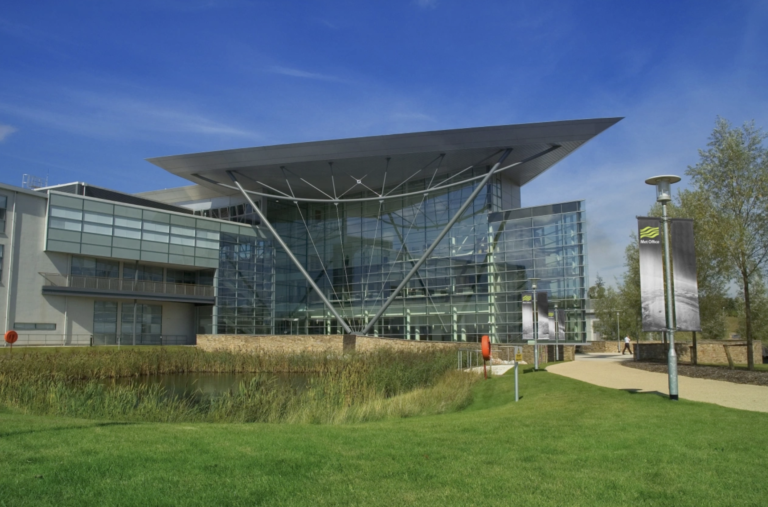Ahead of the COP26 climate conference in Glasgow at the end of this year, the UK Met Office has launched a new climate science program to address some of the key scientific challenges informing the international climate gathering and beyond.
Albert Klein Tank, director of the Met Office Hadley Centre, said, “With the signing of the Paris Agreement in 2015 and a commitment to reach Net Zero by 2050 – in just 30 years’ time – the UK government’s climate science needs are changing. And we are realigning our work program to address the new landscape.”
The new Hadley Centre work program is centered on four questions from the UK government:
- Current weather and climate risks and impacts expected globally and in the UK:
How is weather and climate changing in different parts of the world and what is influencing these changes? In the UK, how do these changes vary by region and geography? - Future risks and impacts from weather and climate we need to avoid or need to adapt to:
How will weather and climate evolve over the next century in different parts of the world under different emission scenarios? How will climate change affect the duration, location, frequency and intensity of extreme weather events? What are the risks and impacts of climate variability and change globally and at the UK scale on a range of timescales? - What are the carbon budget and mitigation scenarios that will avoid the most dangerous impacts of global climate change: What global carbon budgets and emission pathways are compatible with different levels of warming (i.e., 1.5°C, 2°C, and higher)? What is the required magnitude and rate of emissions reduction to stay below these levels of warming, and when should net-zero emissions be achieved to deliver these? What are the implications of delaying mitigation actions, and what are the consequences of an overshoot in temperatures in terms of physical impacts and potential for irreversible change?
- Impacts and opportunities from mitigation and adaptation actions to proceed toward a resilient and net-zero future – impacts and opportunities of mitigation and adaptation: What are the physical impacts and related opportunities, trade-offs and co-benefits (e.g. on air quality) of the mitigation and adaptation actions associated with these levels of warming (i.e., 1.5°C, 2.0°C, and higher)?
“Preparing for inevitable climate changes in the next 30 years will require more local analysis and even more information on how global warming translates into local-scale changes in weather and climate extremes. Further research around stronger mitigation actions is needed to inform climate policy ahead of COP26, ensuring carbon budgets that limit global warming to well below 2.0°C and preferably 1.5°C are put in place,” Klein Tank added.
In April, the UK Met Office announced an agreement with Microsoft for the provision of the world’s most powerful weather and climate forecasting supercomputer. This leap forward in technological development will help underpin the Hadley Centre’s Climate Programme.
Funded by the Department of Business, Energy and Industrial Strategy (BEIS), but with input from other government departments, the UK Met Office Hadley Centre Climate Programme undertakes climate change research in collaboration with academic partners in the UK and internationally. Met Office Hadley Centre Climate Programme research also contributes to major international climate science initiatives such as IPCC reports.



